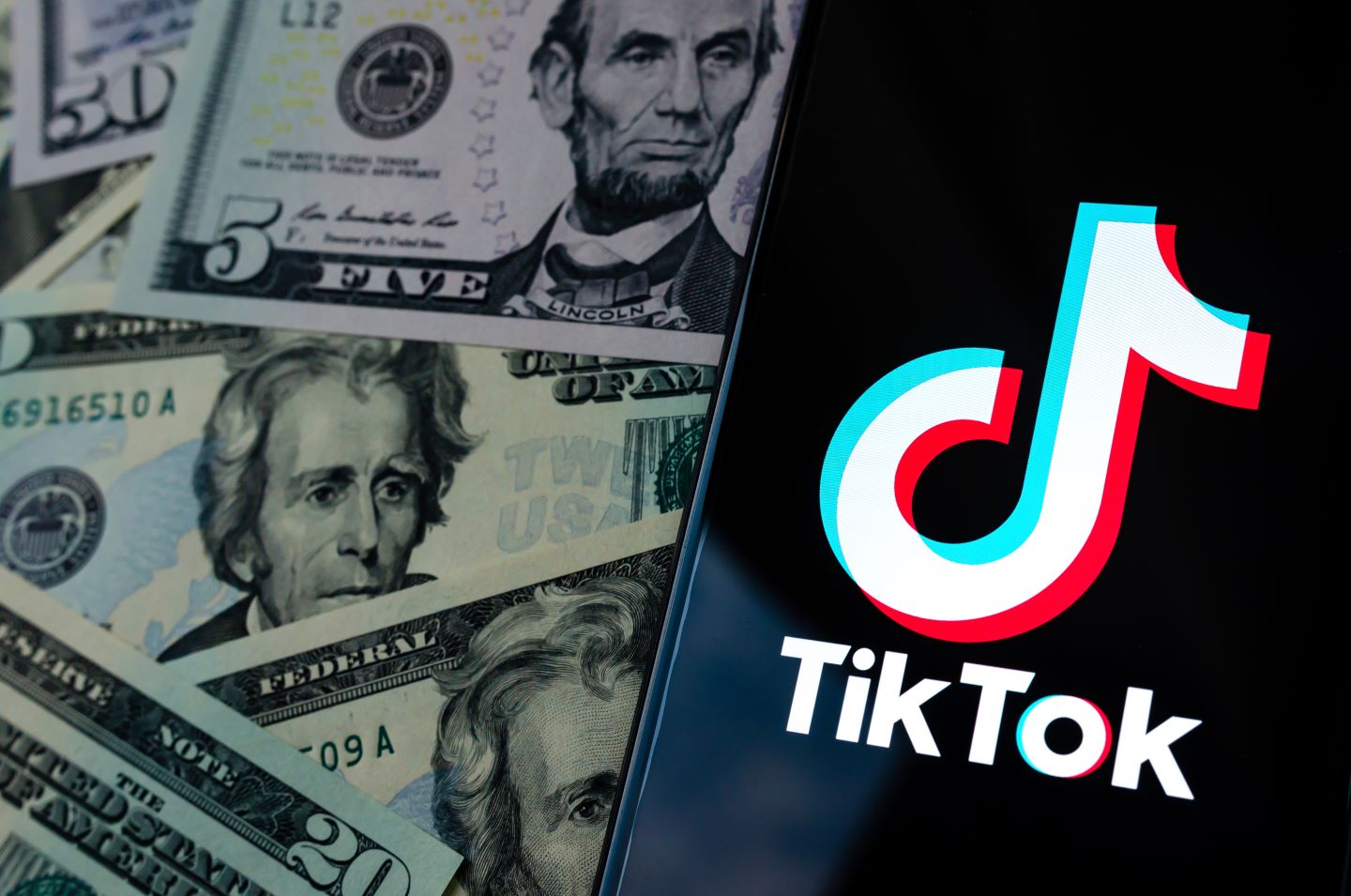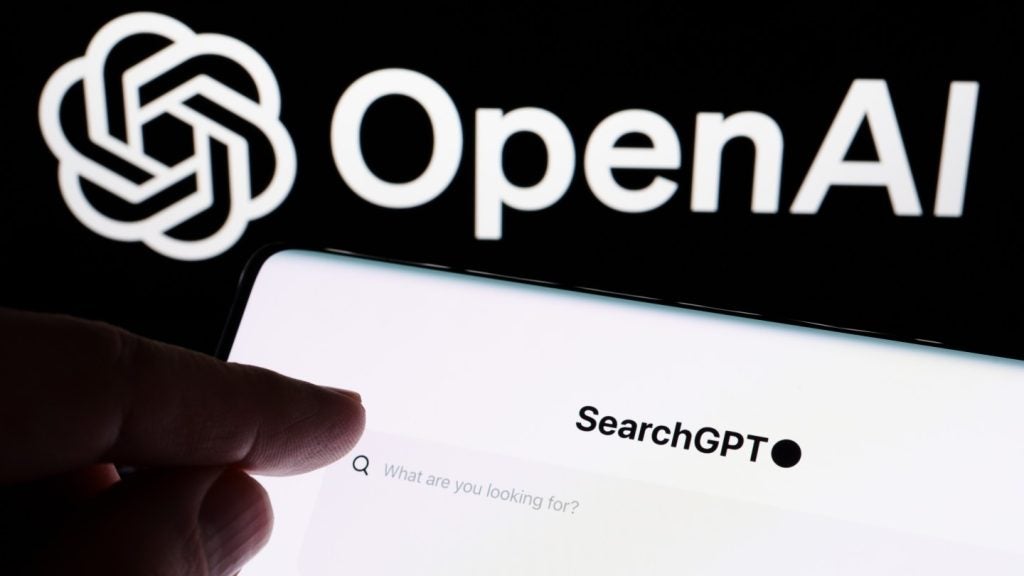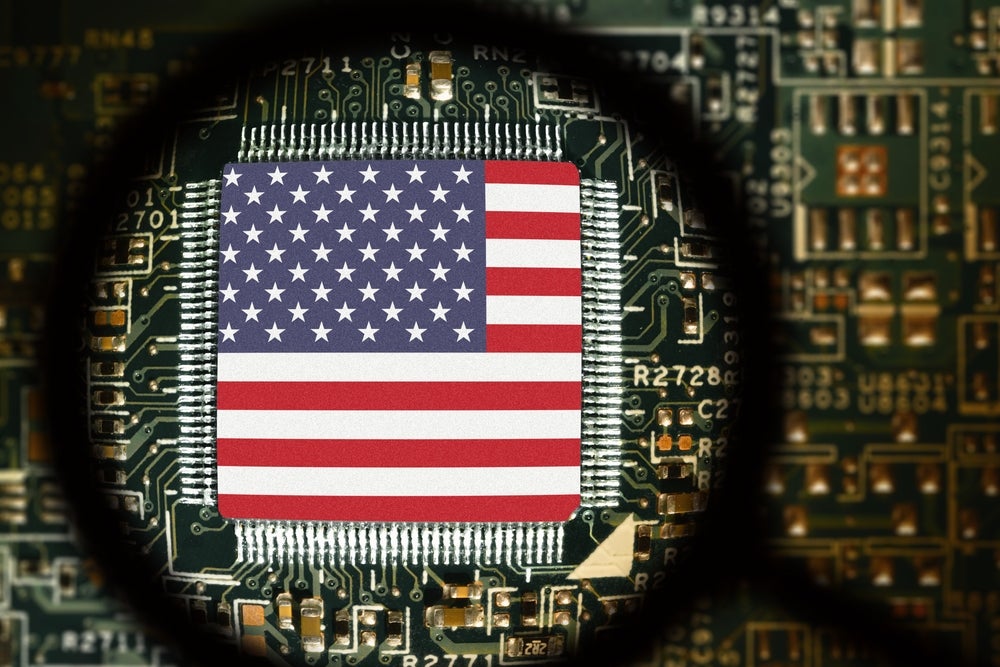As seen in the past—particularly in the last four election races—social media platforms are playing an increasingly pivotal and central role in US elections. Now, with momentum building for the 2024 presidential elections, social media companies must acknowledge their role in influencing election outcomes.
Social media’s impact on elections
Social media was developed to connect communities and facilitate the free flow of information, and its central role in influencing voting behaviour seems a natural development. Social media improves access to information, allowing voters to make more informed voting decisions, and it offers voters a platform to further engage in political developments. The Pew Research Centre found in 2023 that nearly half of all US social media users were politically active on social media in the previous year.
Social media can also improve voters’ communication with candidates, enhancing the influence a politician’s personality has on politics. Twitter has been particularly useful for this, allowing users to connect and relate to candidates after seeing the likes of Pete Buttigieg’s posts about his dogs and Senator Chuck Grassley’s interest in the University of Northern Iowa Panthers games.
A study from Princeton University researchers demonstrated how fundamental an effect social media had on voting behaviour after it found that Twitter’s relatively liberal content may have persuaded voters with moderate views to vote against Donald Trump in 2020. Significantly, the ad-focused business model of social media platforms has grown and an extortionate amount of money is spent on political advertising during elections and in the run-up to them.
Social media is pivotal to election outcomes
In the US, finances are key to running as a Presidential candidate. The 2020 election cost a total of $14.4 billion, and former New York City Mayor Michael Bloomberg spent $1 billion of his own money during the primaries for just a short four-month run. The impact that finances have on electoral success consequently makes it difficult for newcomers to enter the race and the problem continues through election cycles, which is why up to 90% of incumbents are re-elected due to ‘the incumbency advantage’. Social media has, however, changed this, levelling the playing field somewhat for newcomers.
Social media platforms give candidates a low-cost opportunity to compete, communicate and make themselves known. A study by Harvard Fellows Steven Levitt and Catherine Wolfram found that after “new” politicians set up a Twitter account, they experienced an increase in campaign financing. Additionally, the likes of Alexandria Ocasio-Cortez would not have built up her electoral support without her 13.4 million Twitter followers, and Barack Obama, the first black US President, has been dubbed the “first social media president,” due to the vital role it played in his campaign. In that 2008 campaign, three-quarters of internet users went online to engage with election material. The power of social media for election-related purposes has only increased since, alongside a rise in political ads on the platforms. In 2020, Joe Biden’s campaign spent $191,922,173 and Donald Trump’s spent $268,473,419 on political ads on Google and Facebook combined.
Implications on democracy
Despite the importance of social media in Obama’s election, he has since dubbed it the biggest threat to US democracy. These comments were made a month before the January 6 Capitol attacks, which were driven by disinformation alleging that the 2020 election was stolen from Donald Trump. The ‘stolen election’ lie was proliferated on social media platforms and such disinformation attempts to deceive voters and diminish their ability to make informed decisions, undermining election outcomes. With inadequate responses from platforms to address this concern, researchers accused Facebook and Twitter of playing an influential role in intensifying political sectarianism and extreme polarization among the US electorate.
Platforms scaling back moderation
Nonetheless, results from an independent study on Meta’s role in US elections led Meta to state that there is little evidence that its platforms alone cause harmful “affective polarization” or have “meaningful effects on political views and behaviour”. However, the results were more nuanced than this and Meta is not off the hook for yet regarding the harm caused by its platforms. The aforementioned research results come at a time when platforms are showing signs of scaled-back moderation, as they seek to find a balance between allowing free political speech and regulating harmful content. Elsewhere, YouTube reversed its election integrity policy, Meta and Twitter both reinstated Trump’s accounts, and Elon Musk’s takeover of Twitter saw a rise in dis/misinformation. All of this intensifies social media users’ exposure to disinformation, which is likely to enhance polarisation.
To protect democracy in the 2024 elections, platforms need to improve their response to dis/misinformation. With advances in AI-driven moderation tools, alongside a plethora of research on such issues, companies are better equipped and informed to act responsibly ahead of 2024.
It is undeniable that social media increasingly influences election outcomes. To ensure that they are doing so in a democratic way, platforms must acknowledge their responsibility to address issues threatening democratic integrity.








